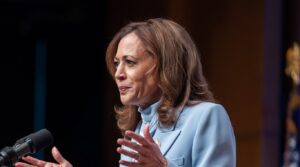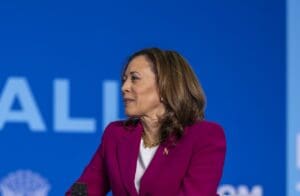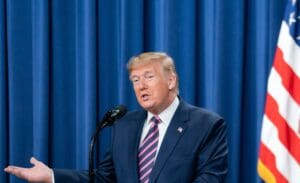The economic crisis caused by the coronavirus pandemic poses a triple challenge for tax policy in the United States. Lawmakers are tasked with crafting a policy response that will accelerate the economic recovery, reduce the mounting deficit, and protect the most vulnerable.
To assist lawmakers in navigating the challenge, and to help the American public understand the tax changes being proposed, the Tax Foundation’s Center for Federal Tax Policy modeled how 70 potential changes to the tax code would affect the U.S. economy, distribution of the tax burden, and federal revenue.
In tax policy there is an ever-present trade-off among how much revenue a tax will raise, who bears the burden of a tax, and what impact a tax will have on economic growth. Armed with the information in our new book, Options for Reforming America’s Tax Code 2.0, policymakers can debate the relative merits and trade-offs of each option to improve the tax code in a post-pandemic world.

Why the Economic Effects of Taxes (Including Tariffs) Matter
Estimating the economic effects of different types of taxes informs policymakers about the trade-offs of raising revenue in a given way.
5 min read
Minnesota High Court Ruling Will Increase Business Tax Compliance Costs
With a changing economy—the law is about companies selling tangible products, but our economy is increasingly service-oriented—and state-level tests to the ongoing validity of the law, perhaps the time has come for Congress to update and expand upon these protections, which are designed to limit states from imposing substantial tax remittance and compliance burdens on businesses with only the most minimal of contacts with the state.
5 min read
Harris Proposal to Raise Corporate Tax Rate Would Harm Workers in Every Congressional District
A new analysis finds that the tax increase would reduce average wages by as much as $597 per US worker each year. In some states, the drop in wages would exceed $700 per worker.
4 min read
Oregon Measure 118 Penalizes Oregon Small Businesses
Under the tax created by Measure 118, Oregon businesses would be significantly disadvantaged against their larger and out-of-state rivals.
6 min read
Why Should I Care About the Corporate Tax Rate?
Smart tax policy takes into account how policy changes impact real people. Understanding who bears the burden of the corporate tax and the effects of a higher rate are essential to sound policymaking.
4 min read
Harris’s Proposed Capital Gains Tax Rate Would Be Highest for Many Since 1978
As part of the 2024 presidential campaign, Vice President Kamala Harris is proposing to tax long-term capital gains at a top rate of 33 percent for high earners, taking the top federal rate to highs not seen since the 1970s.
3 min read
Oregon Measure 118 Is an Aggressive Sales Tax—and Worse
Oregon’s Measure 118, though presented as a tax on big business, would function as an aggressive sales tax on consumers.
7 min read
Trump’s “No Tax on Overtime Pay” Proposal Would Distort Work Decisions
Exempting overtime would unnecessarily complicate the tax code, increase compliance and administrative costs, and reduce neutrality by favoring certain work arrangements over others.
5 min read
Wyoming Voters to Consider Property Tax Changes, but Sound Property Tax Relief Is Not on the Ballot
Nationwide, property owners have experienced surges in valuations and are demanding tax relief. Lawmakers are right to find ways to provide it, but should do so with sound tax principles in mind.
5 min read
Why Neutral Cost Recovery Matters
Allowing full deductibility of residential structures would mean more housing construction, particularly multifamily housing—a practical solution to address housing affordability challenges.
6 min read